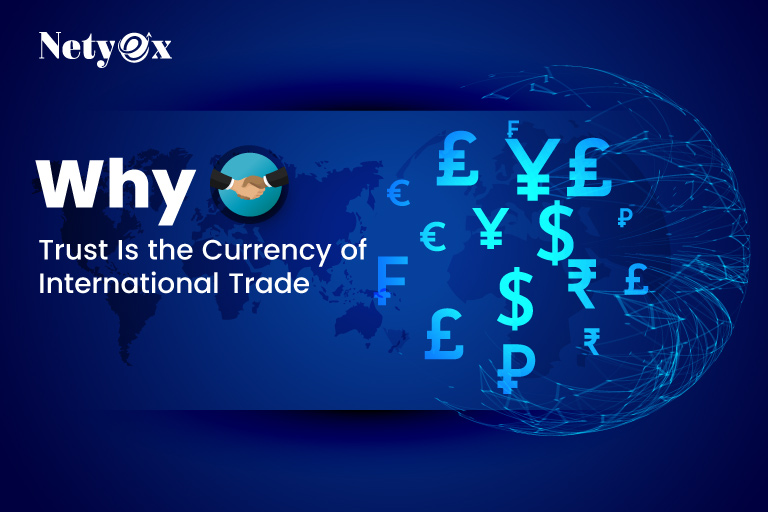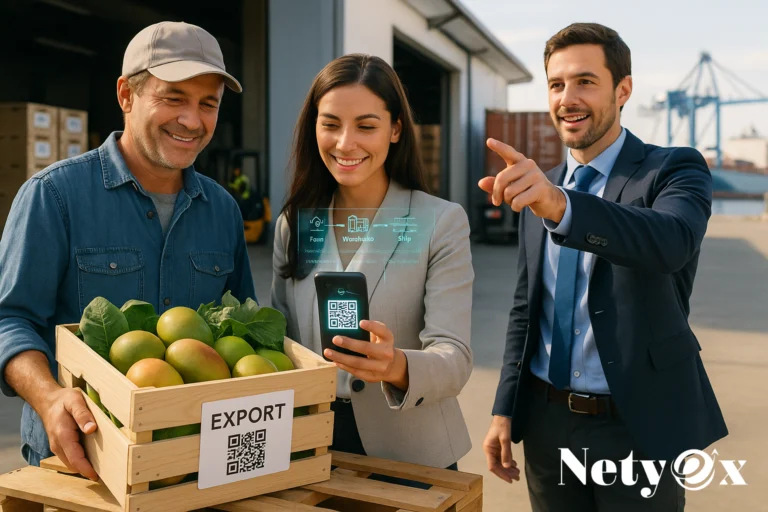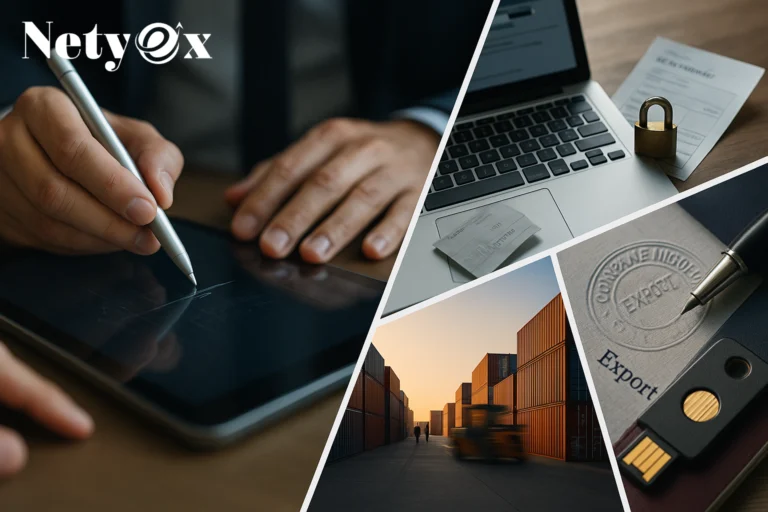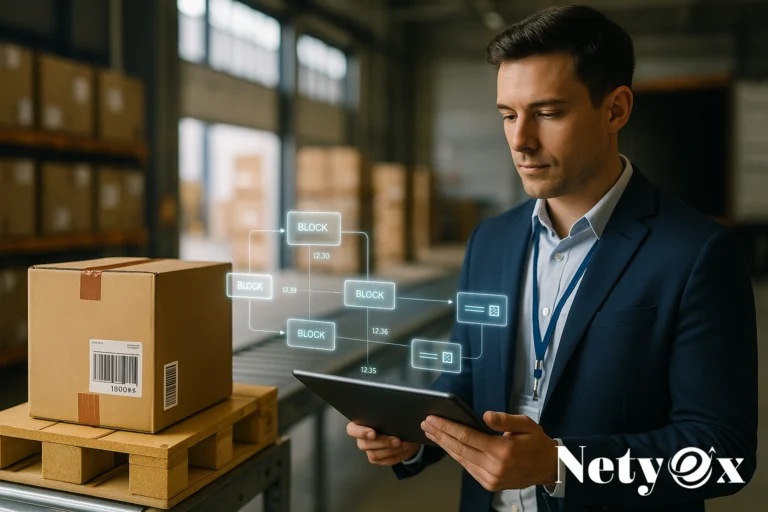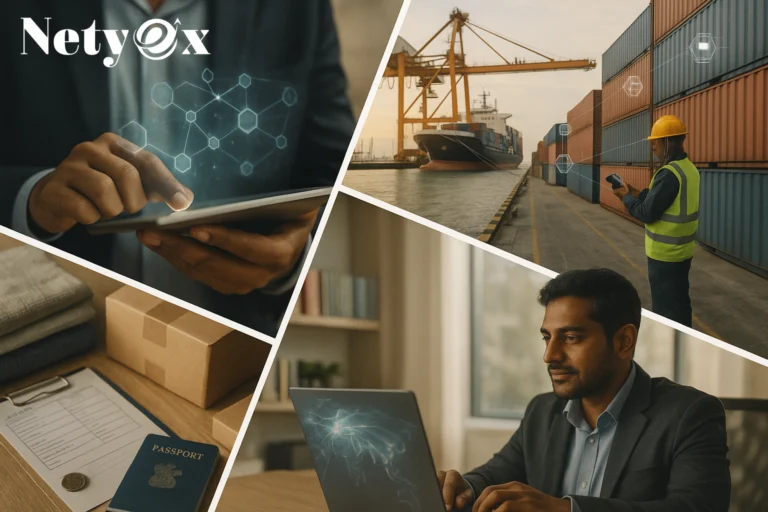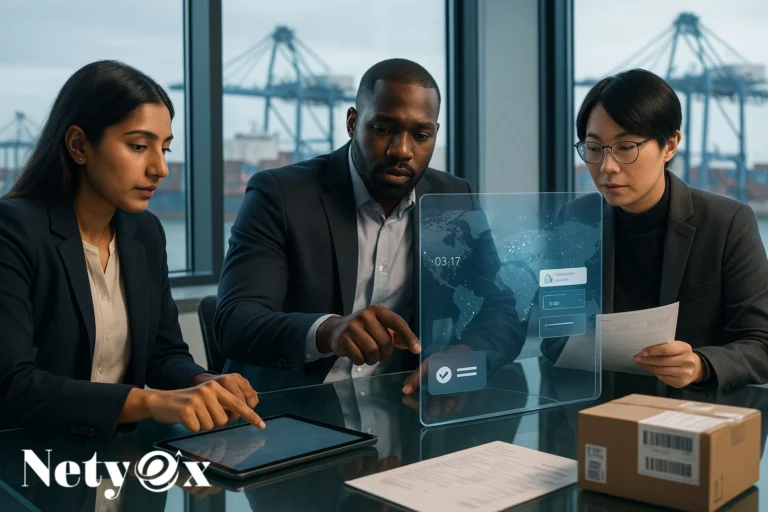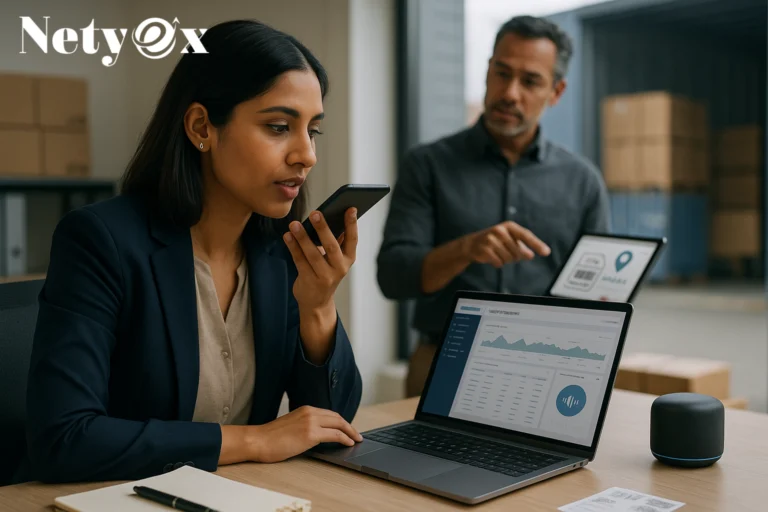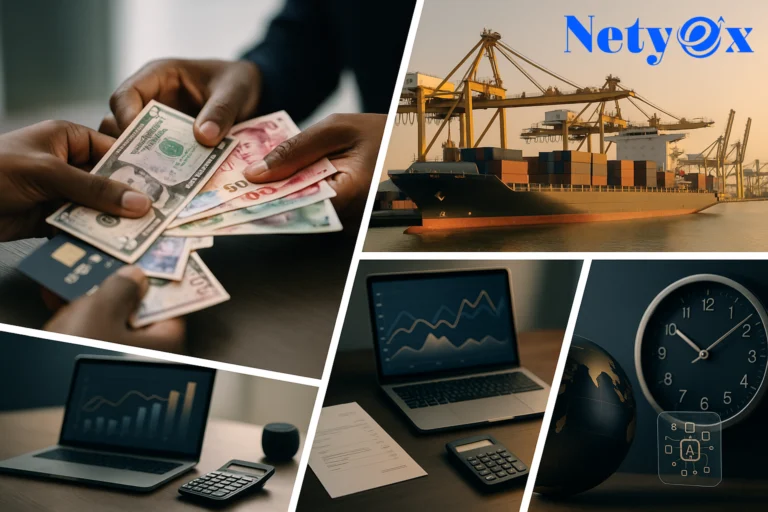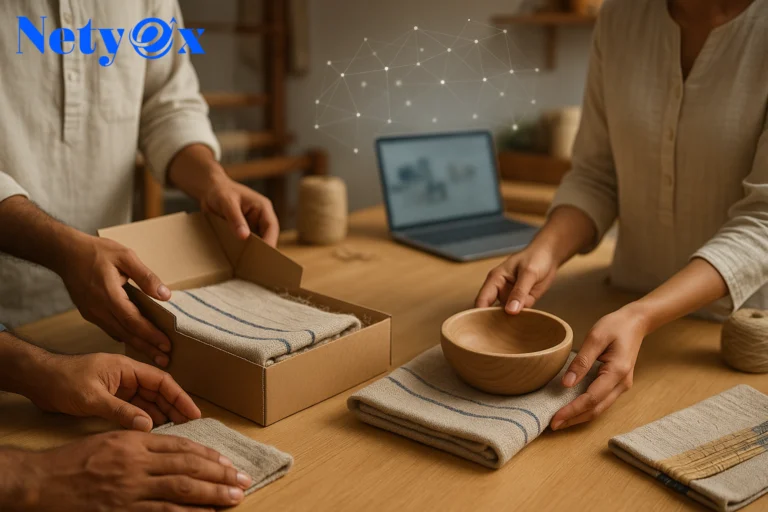Introduction: The Silent Power of Trust in Global Markets
When people think about international trade, they often picture cargo ships loaded with containers, bustling ports, and complex negotiations over tariffs and regulations. Yet beneath all the visible mechanics of global commerce lies an invisible force that makes it all possible: trust. Without it, contracts collapse, payments stall, and partnerships disintegrate.
Trust is the currency that lubricates trade. Unlike money, it cannot be printed, borrowed, or easily replaced. It must be earned, nurtured, and safeguarded. In a world where goods travel thousands of miles and partners may never meet face to face, trust ensures that business commitments are honored and global supply chains remain resilient.
Understanding International Trade in the 21st Century
The shift from local to global markets
Centuries ago, trade was mostly regional. Merchants relied on word-of-mouth reputation and personal relationships to do business. Fast forward to today, and nearly every company, from small startups to multinational giants, participates in global trade. Products are often designed in one country, manufactured in another, and sold worldwide.
Role of globalization and digital transformation
Globalization and digitalization have amplified both opportunities and risks. On one hand, businesses can access new markets more easily. On the other, they face challenges like unfamiliar legal systems, cultural differences, and potential fraud. That’s where trust becomes indispensable—it acts as the glue binding the complex web of global commerce.
Why Trust Matters More Than Ever in International Trade
Reducing transaction costs through trust
Trust lowers the need for excessive monitoring, audits, and legal disputes. When partners believe each other will uphold their commitments, they save time and money, which can be reinvested into growth.
Building long-term business partnerships
Global trade isn’t just about one-off deals. Companies that trust each other build lasting partnerships, ensuring steady supply chains, stable prices, and mutual growth.
Overcoming cultural and regulatory differences
Doing business across borders means navigating different languages, customs, and regulations. Trust bridges these gaps, creating smoother cooperation despite systemic differences.
Historical Role of Trust in Cross-Border Commerce
Ancient trade routes and reliance on honor
From the Silk Road to maritime trade routes, merchants relied heavily on personal honor and reputation. A dishonest trader could be banned from markets, effectively ending their livelihood.
The role of guilds, contracts, and reputation
Over time, institutions like guilds and trade associations formalized trust. Written contracts and arbitration systems emerged to manage disputes, laying the foundation for modern international trade law.
Mechanisms That Build Trust in International Trade
Legal frameworks and treaties
International trade agreements, like those facilitated by the World Trade Organization (WTO), provide legal protections that strengthen trust between nations and businesses.
Role of financial institutions and escrow services
Banks and trade finance systems offer guarantees of payment, reducing the risk of non-fulfillment in cross-border deals.
Transparency through digital trade platforms
E-commerce and digital trade platforms now provide ratings, reviews, and real-time tracking, further reinforcing trust.
Trust as a Risk Management Tool
Minimizing fraud and disputes
Trustworthy partnerships reduce the risk of fraud, disputes, and contract breaches. This stability is essential in high-value international transactions.
Enhancing supply chain resilience
Trusted partners collaborate to resolve disruptions, whether caused by pandemics, geopolitical tensions, or natural disasters.
Case Studies: Trust at Work in Global Trade
European Union and mutual trust in free trade
The European Union (EU) represents one of the best examples of trust institutionalized at a regional level. Member states rely on mutual recognition of standards, a shared legal framework, and dispute resolution mechanisms. This level of trust allows goods, services, and capital to flow freely without cumbersome barriers, making the EU one of the world’s largest trading blocs.
U.S.-China trade dynamics and challenges
Trade between the United States and China underscores both the potential and fragility of trust in international commerce. While both countries are each other’s largest trading partners, disputes over intellectual property, tariffs, and regulations highlight the risks when trust erodes. Rebuilding confidence remains key to stabilizing this critical relationship.
Blockchain and trust in emerging markets
Emerging markets often lack strong legal or financial systems. Here, blockchain technology is stepping in to provide transparent, tamper-proof records of transactions. For example, African agricultural exports increasingly use blockchain to certify the origin and quality of goods, building trust with international buyers.
The Role of Technology in Enhancing Trust
Blockchain for transparency and traceability
Blockchain technology allows every transaction in a supply chain to be securely recorded and verified. This enhances accountability and ensures authenticity—critical for industries like pharmaceuticals and luxury goods where counterfeiting is a major issue.
AI-driven compliance and fraud detection
Artificial intelligence is revolutionizing compliance by monitoring transactions for anomalies, flagging suspicious activity, and predicting fraud. This reduces reliance on manual oversight and reinforces trust.
Digital identity and trust verification
Digital identity systems enable businesses and individuals to verify their legitimacy online. By reducing identity fraud, these systems provide a more secure foundation for international trade.
Challenges of Building Trust in International Trade
Political instability and sanctions
Trade depends on stable political environments. When governments impose sanctions or experience instability, trust between trading partners is disrupted, leading to reduced investment and uncertainty.
Corruption and lack of enforcement
In some regions, weak institutions and corruption undermine trade confidence. Businesses hesitate to engage in markets where contracts may not be enforced fairly.
Cybersecurity and digital threats
With more trade happening digitally, cyberattacks have become a growing concern. Breaches in data integrity or payment systems can instantly destroy trust.
Strategies for Building and Maintaining Trust in Trade
Leveraging cultural intelligence
Understanding cultural nuances is critical. A gesture that signifies honesty in one culture might be misinterpreted in another. Companies that invest in cultural training foster smoother relationships.
Importance of clear contracts and communication
Transparent contracts and open communication reduce misunderstandings. Clearly defining responsibilities, timelines, and dispute-resolution mechanisms reassures both parties.
Role of certifications and quality standards
International certifications (ISO, HACCP, Fair Trade) provide assurance of quality and compliance, strengthening trust with buyers worldwide.
Future of Trust in Global Trade
Decentralized finance (DeFi) and smart contracts
Smart contracts built on blockchain are poised to automate trade agreements. By executing contracts only when agreed conditions are met, they eliminate many trust-related risks.
Sustainable trade and ESG compliance
Environmental, social, and governance (ESG) standards are increasingly shaping global trade. Companies that demonstrate ethical practices gain stronger trust from investors and consumers alike.
The rise of trust-based trade networks
Future trade may rely less on traditional institutions and more on decentralized, trust-based networks supported by technology, reputation, and shared values.
FAQs About Trust in International Trade
1. Why is trust considered the “currency” of international trade?
Because trust underpins every transaction. Without it, payments may not be made, goods may not arrive, and partnerships may collapse.
2. How do businesses build trust in global markets?
They rely on contracts, certifications, transparent communication, and consistent delivery of quality goods and services.
3. Can technology replace trust in trade?
Technology like blockchain and AI can enhance trust, but it cannot replace the human element of reputation, integrity, and reliability.
4. What role do governments play in building trade trust?
Governments create the legal frameworks, treaties, and enforcement mechanisms that underpin global trust in commerce.
5. How does trust reduce costs in international trade?
Trust reduces the need for excessive monitoring, inspections, and legal disputes—saving businesses time and money.
6. What are the main threats to trust in global trade today?
Key threats include geopolitical tensions, corruption, cybersecurity risks, and inconsistent enforcement of trade agreements.
Conclusion: Trust as the True Currency of the Global Economy
International trade is not just about moving goods across borders—it’s about building bridges of trust. In a world where money flows instantly but reputations take years to establish, trust remains the most valuable asset in commerce. Whether supported by centuries-old institutions or cutting-edge technology, trust is what makes global trade possible.
Nations, companies, and individuals that invest in cultivating trust will not only survive but thrive in the interconnected economy of tomorrow. Truly, trust is the currency that never loses value.



